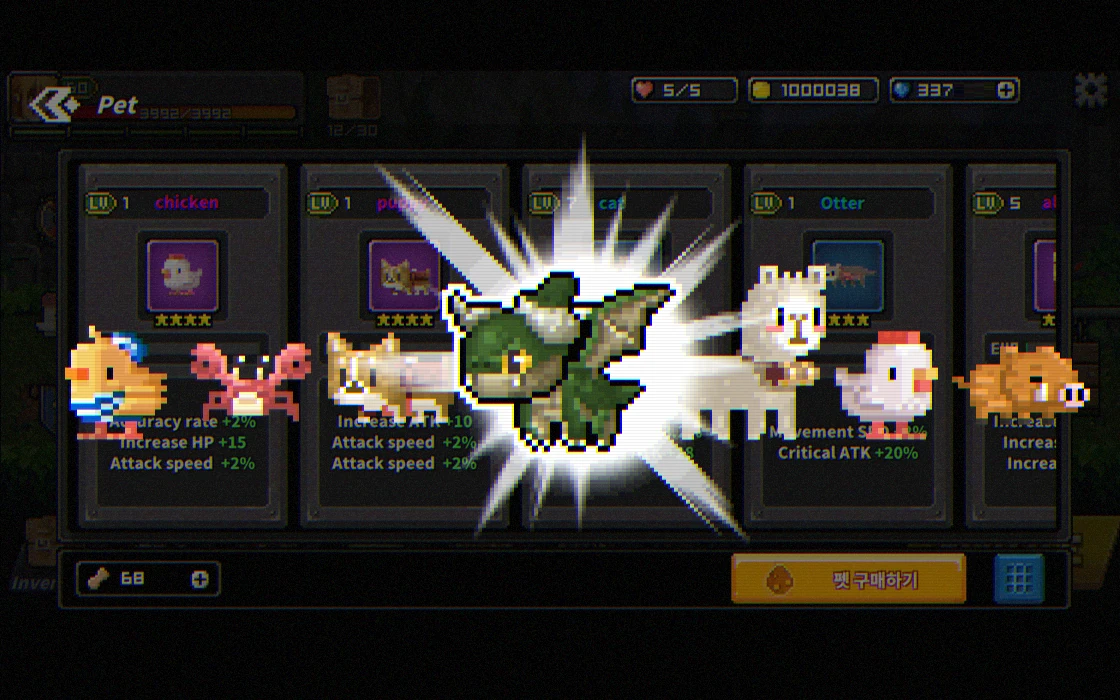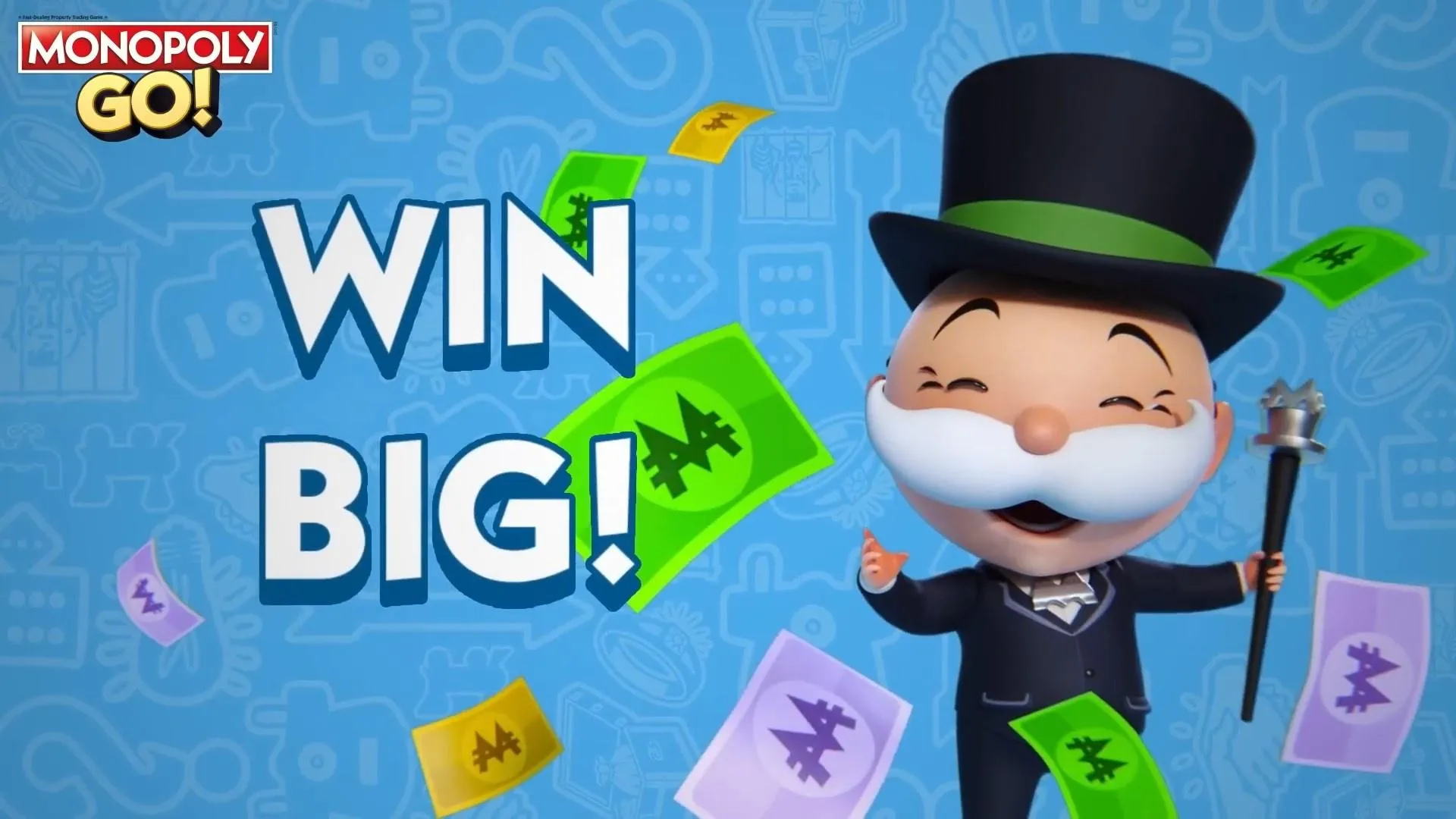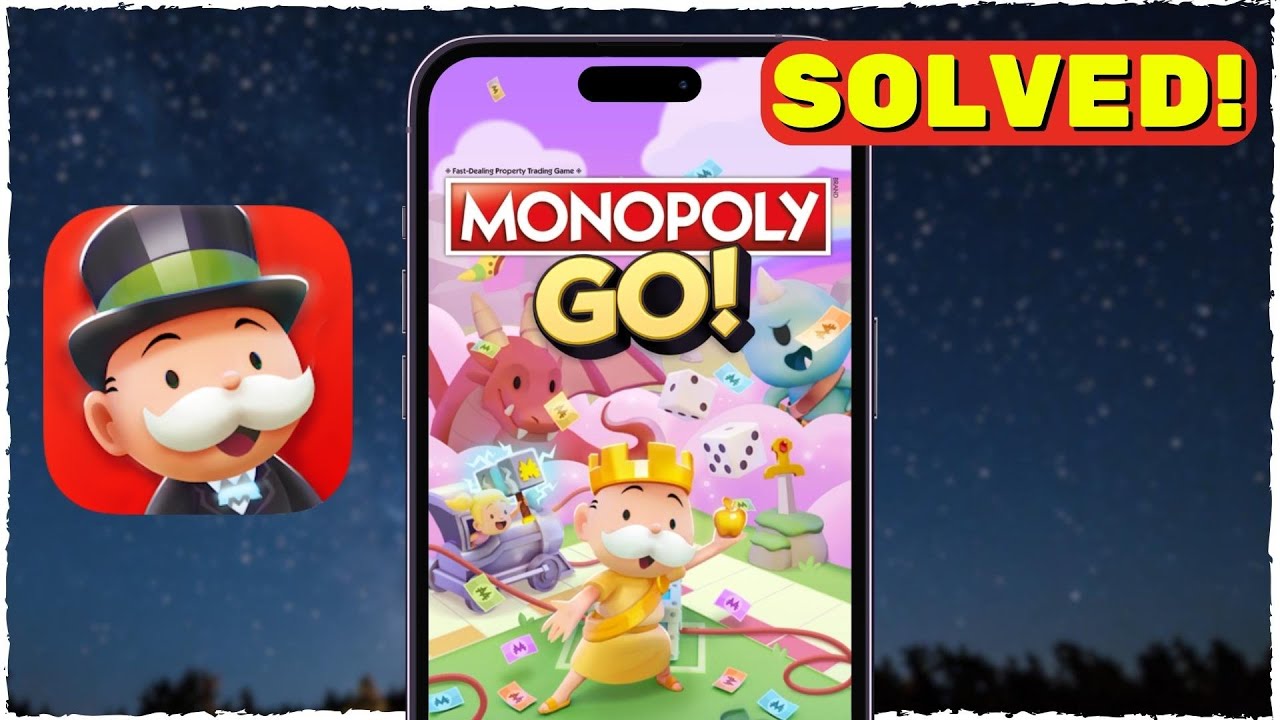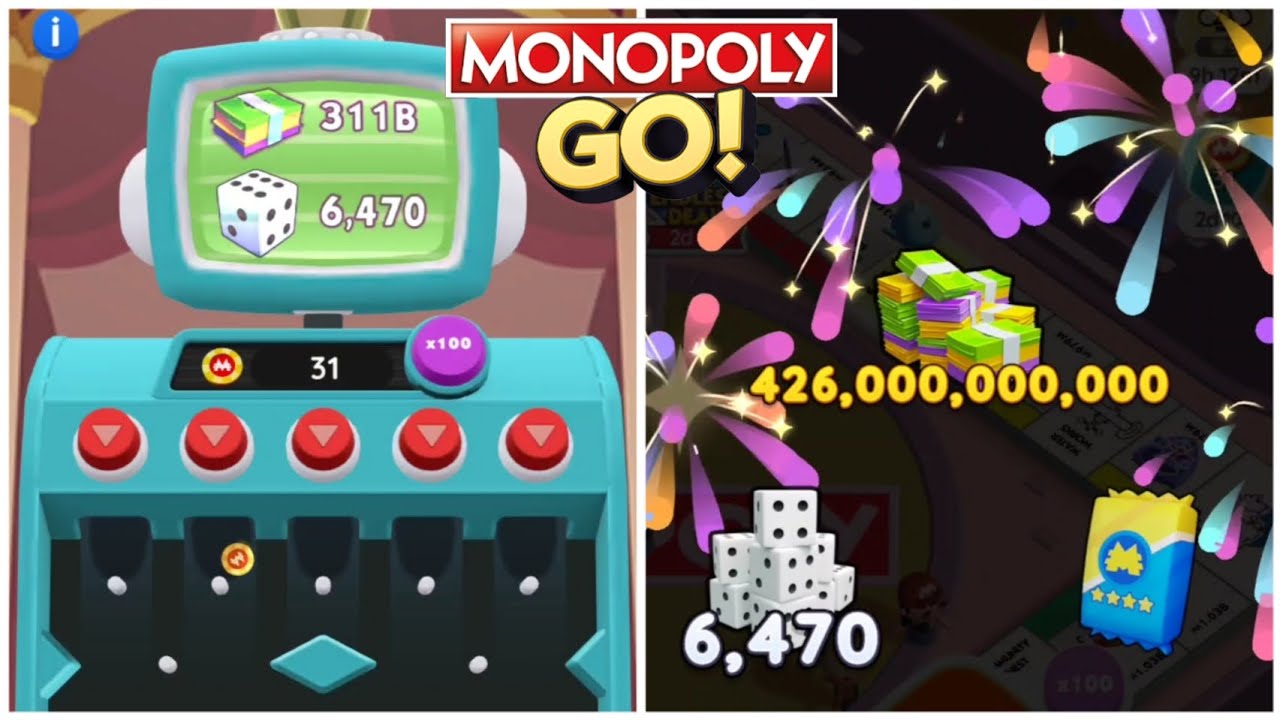The phrase “Final Destiny” evokes a sense of something predetermined, inevitable, and mysterious. It has been used in literature, film, and various forms of media to represent the ultimate outcome of one’s life or the culmination of a journey. But what exactly does “Final Destiny” mean, and why is it so compelling? In this blog, we’ll dive into the concept, examining how it intertwines with ideas of fate, free will, and the human experience.
Understanding Destiny
Destiny is often viewed as a predetermined course of events that shapes the future, regardless of individual actions or decisions. It’s a belief that life is part of a grand design, unfolding according to a preordained plan. In various cultures, religious traditions, and philosophies, destiny has been seen as the hand of the divine, the force of the universe, or the natural order of life.
However, the notion of destiny is far from simple. For some, destiny represents a path of enlightenment or a heroic journey, while for others, it may signal doom or unavoidable tragedy. The duality within the concept is where the fascination lies—destiny can be both hopeful and ominous.
Final Destiny in Popular Culture
“Final Destiny” often appears in popular culture as a central theme, especially in genres like science fiction, fantasy, and mythological storytelling. For example:
- Movies & Books: Films like The Matrix and Interstellar or books like The Lord of the Rings explore characters grappling with their fates. Protagonists often face choices that seem to lead them toward a final, unchangeable outcome, questioning how much control they truly have.
- Video Games: In gaming, “Final Destiny” might be portrayed through character progression, where players make decisions that affect the endgame, shaping their “destiny” based on moral or tactical choices.
- Mythology: Classical mythology is full of tales of heroes and gods bound to their fate. Whether it’s the tragic destiny of Oedipus in Greek mythology or the predetermined events in Norse mythology’s Ragnarök, the idea of a final destiny is ever-present.
These stories often raise questions about whether final destiny is something we can escape, alter, or even understand. Can we truly defy fate, or are we mere actors in a larger, cosmic play?
The Tension Between Fate and Free Will
One of the biggest philosophical debates surrounding final destiny is the tension between fate and free will. If our lives are destined to follow a particular course, do our choices matter? Can free will exist in a world where a final destiny is inevitable?
For those who believe in destiny, life’s purpose may lie in accepting and fulfilling that ultimate path. This perspective suggests that everything, including our decisions, is part of a predetermined plan. On the other hand, those who lean toward free will argue that we are the authors of our fate, creating our final destiny through the sum of our choices.
A compelling idea is that perhaps both fate and free will coexist. Maybe we are given a set of circumstances—our “destiny”—but how we navigate them, the lessons we learn, and the paths we choose to follow determine the final outcome. In this sense, final destiny is not just about arriving at a specific end but about how we shape the journey to that end.
The Role of Choices in Shaping Final Destiny
What makes “Final Destiny” a powerful concept is the role of choice. Whether we believe destiny is predetermined or self-made, our choices often feel meaningful. Every decision—small or large—seems to push us closer to or farther from that ultimate destination.
Some philosophers argue that while we may not control the future entirely, we can influence how we experience it. Our attitudes, beliefs, and actions contribute to the kind of destiny we manifest. In this way, final destiny is not just about where we end up but about the quality of life we experience along the way.
Embracing the Journey to Your Final Destiny
Rather than viewing final destiny as a rigid endpoint, we might consider it an evolving narrative. As we grow, learn, and adapt, our understanding of what our final destiny could be also changes. It is in this fluidity that we find meaning, knowing that while the future holds mystery, the present moment offers us the opportunity to shape the path ahead.
Ultimately, whether we believe in a fixed fate or the power of personal agency, the concept of final destiny invites us to reflect on our lives, our choices, and the forces that guide us. It pushes us to think about the legacies we want to leave behind and the impact we wish to have on the world.
Conclusion
Final destiny is a rich and layered concept that has fascinated humanity for centuries. Whether viewed through the lens of fate, free will, or a blend of both, it prompts us to question the nature of our existence and the significance of our choices. While we may never fully know what lies at the end of our journey, embracing the uncertainty, and understanding our role in shaping it, can lead to a more meaningful and fulfilling life.
So, what is your final destiny? Is it written in the stars, or will you forge it with your own hands? The answer may lie somewhere in between.










